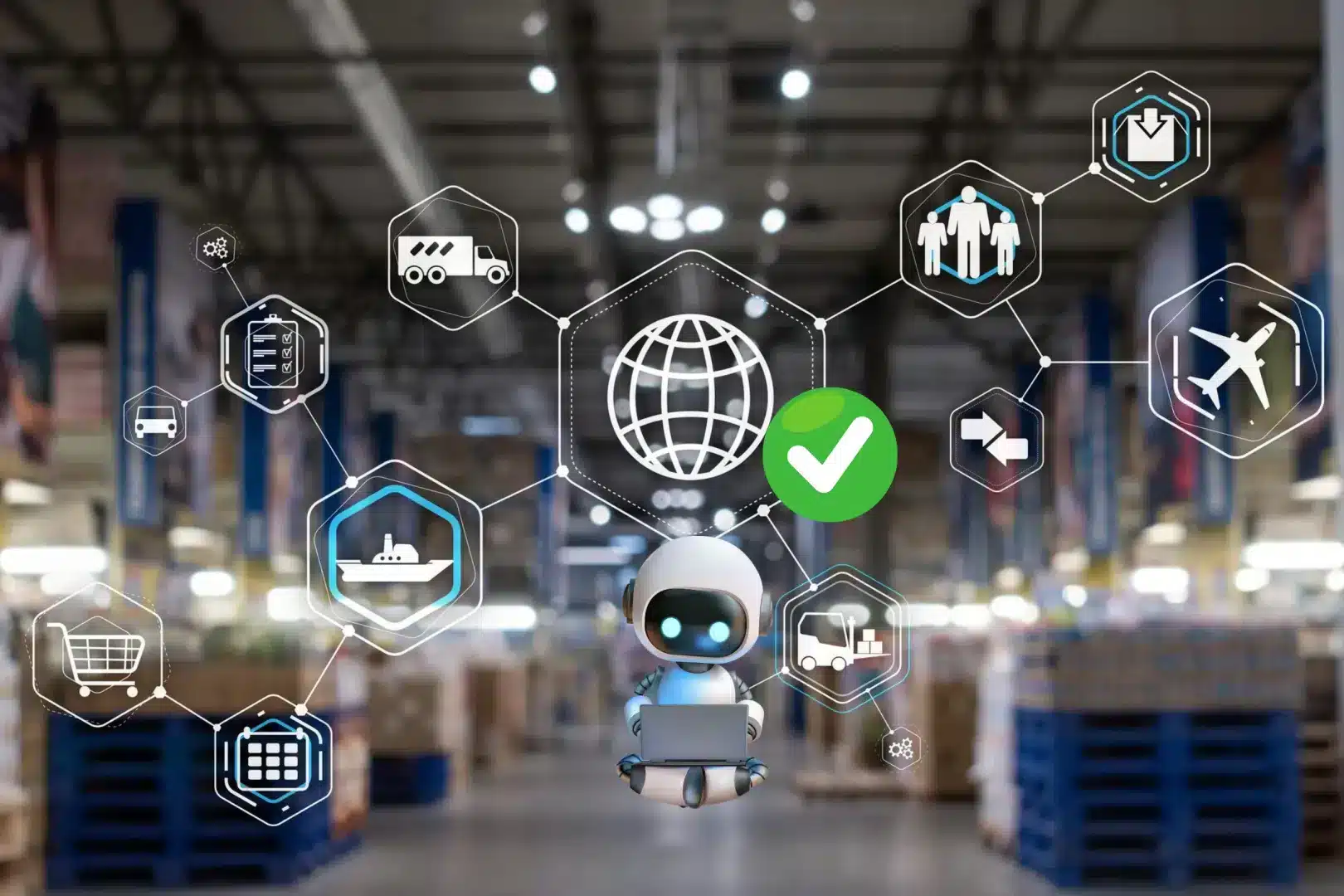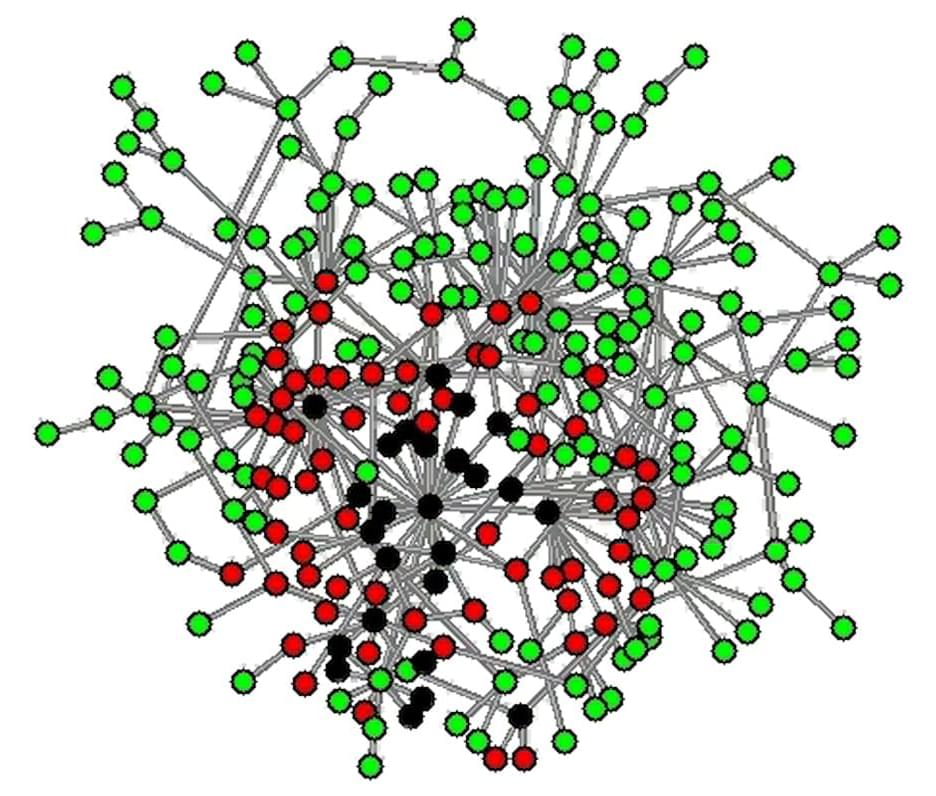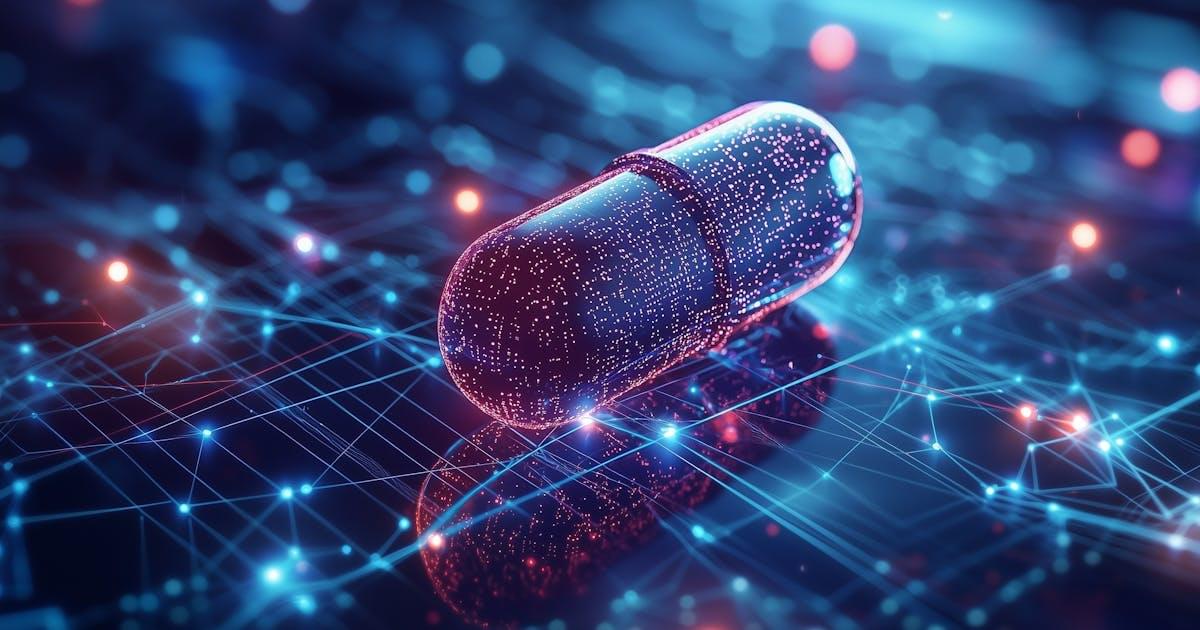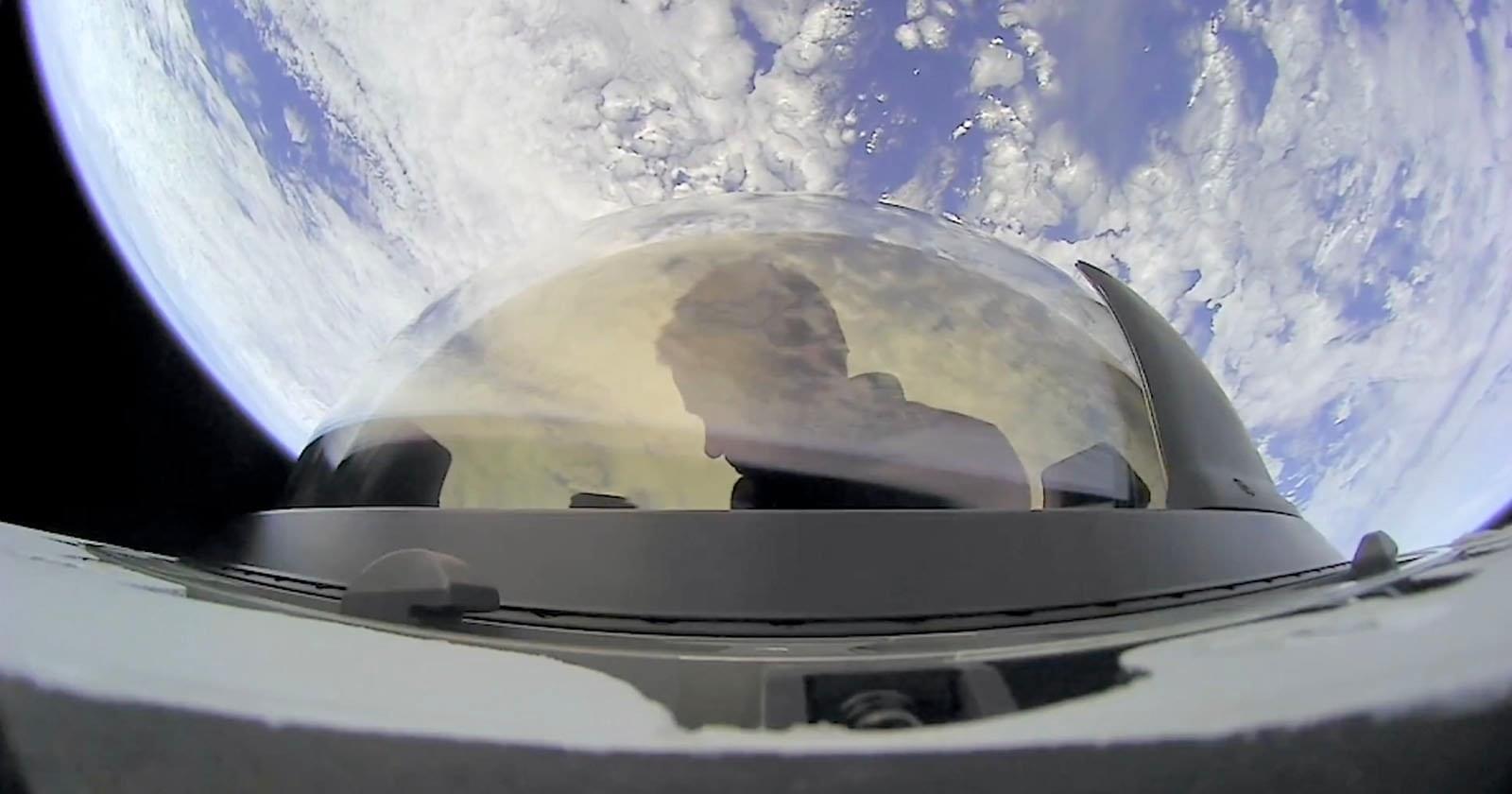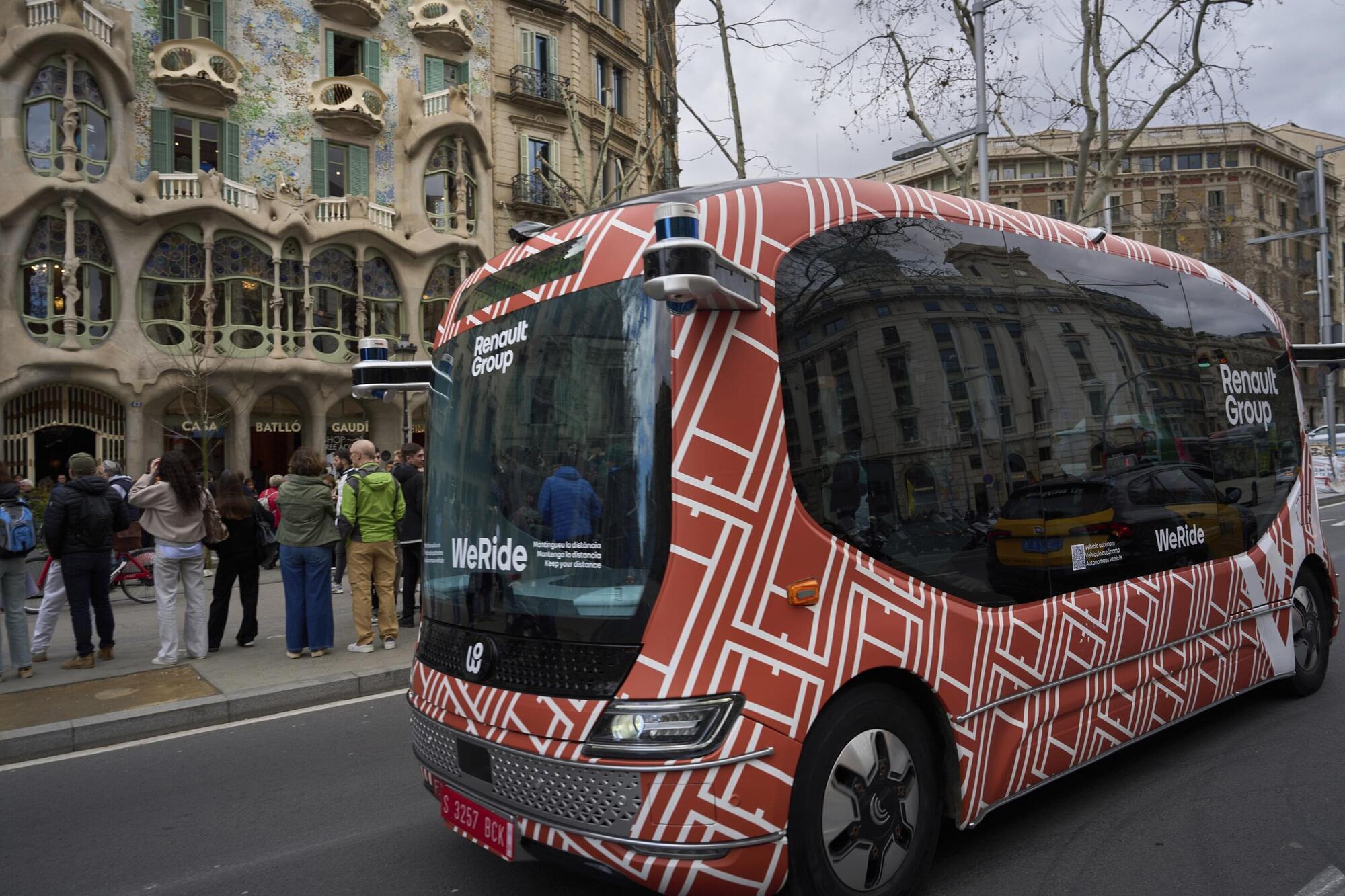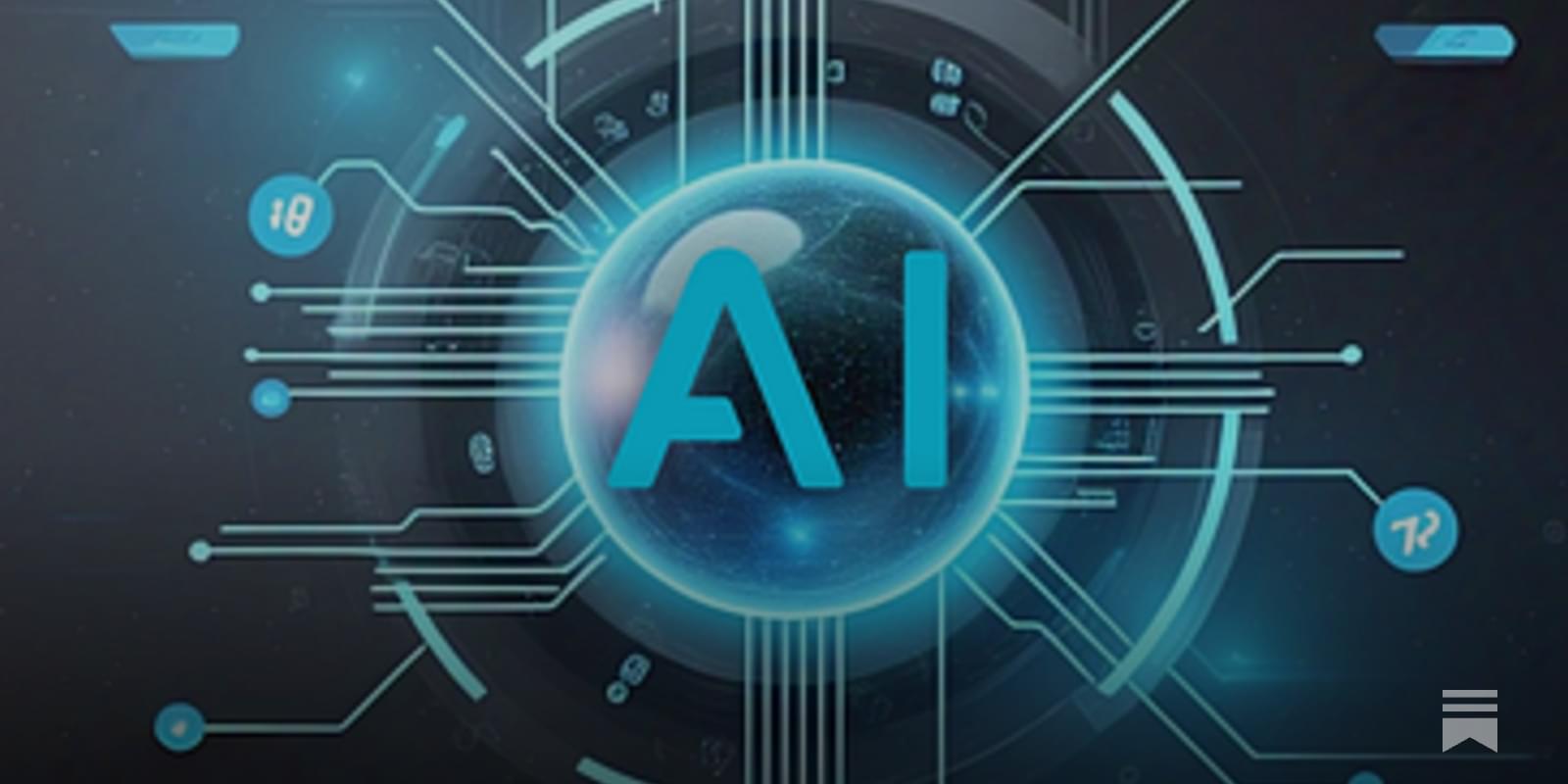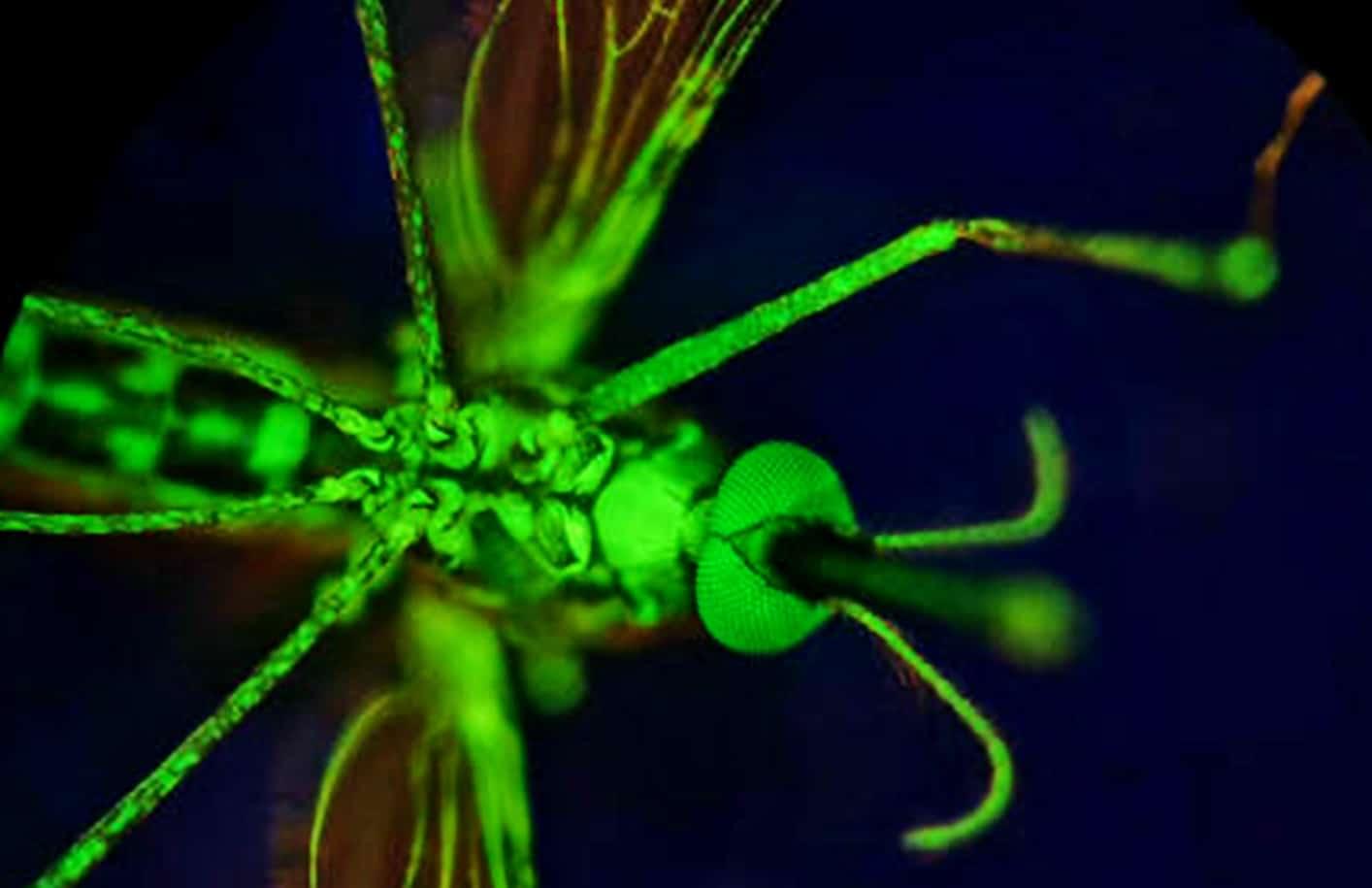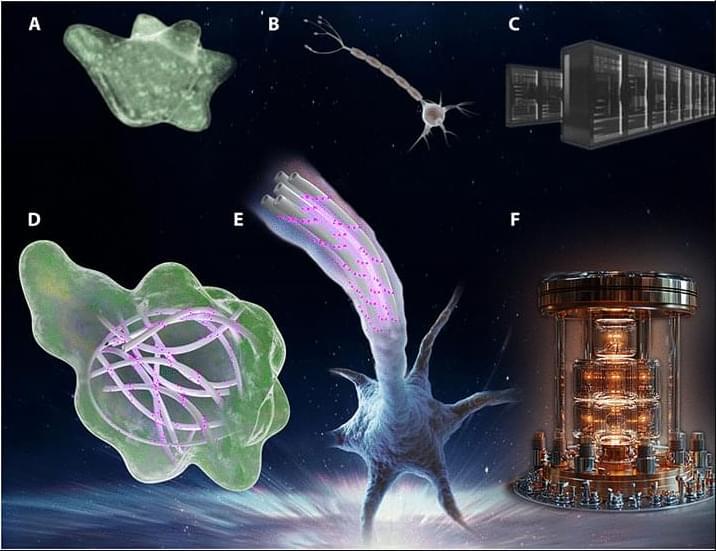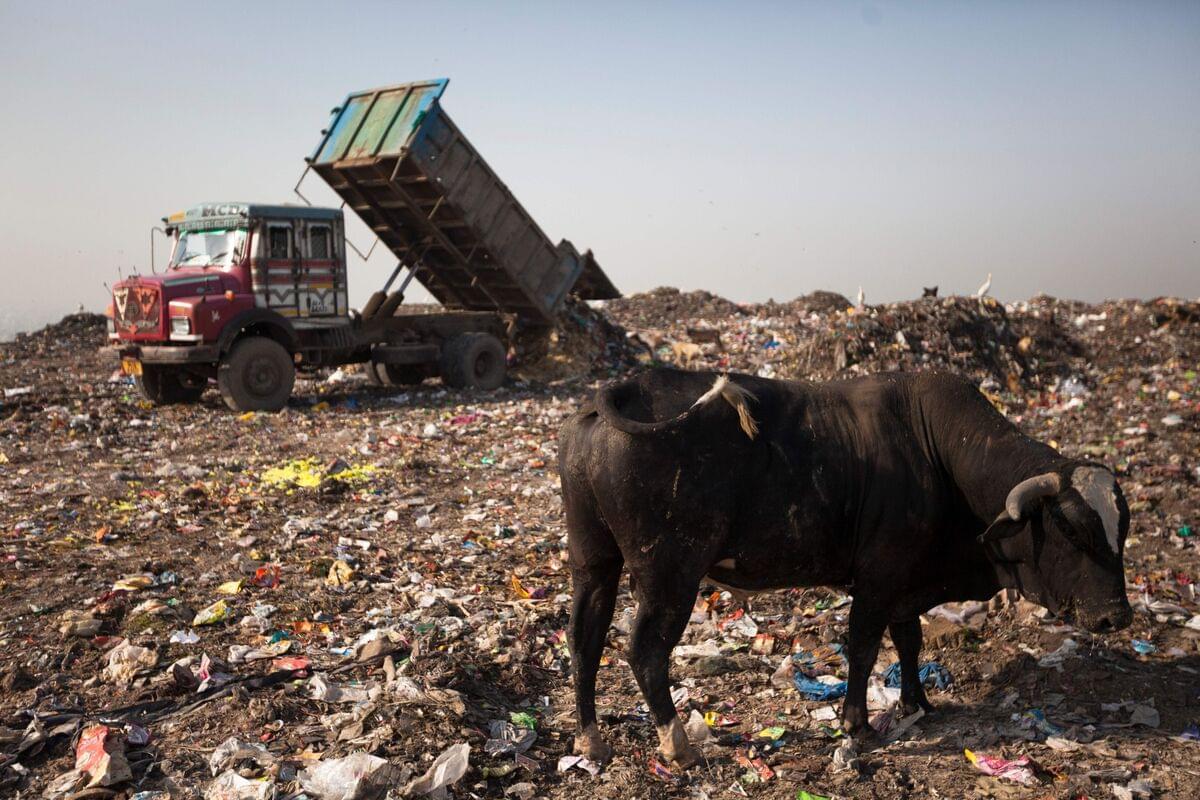Large language models (LLMs) show promise in tackling planning problems, but there’s a balance between flexibility and complexity. While LLMs can act as zero-shot planners, they struggle with complex tasks involving multiple constraints or long-term goals.
Many frameworks that address these challenges require task-specific preparation, such as tailored examples and predefined validators, which limits their ability to adapt to different tasks.
